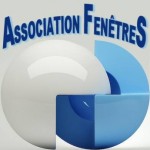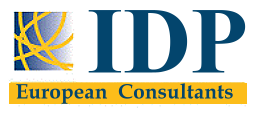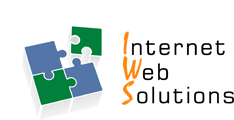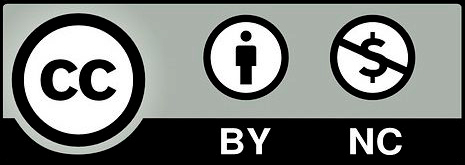1. Imagine you have 1,000 euros set aside in a bank account today. Suppose there is an annual inflation rate of 4%, do you think that in a year's time, with that 1,000 euro you will be able to...5 points
buy exactly the same things you could have bought a year ago
buy fewer things than you could have bought a year ago
buy more things than you could have bought a year ago
I don't know
10. Your car insurance is about to expire and while you are scrolling through the news on your phone, a banner ad appears offering you car insurance at a cheaper promotional price than the one you took out last year. To take up the offer, however, you have to subscribe within two hours. What do you do?5 points
You don't care, you just trust your insurer, he always offers you the best solution!
You click on the banner, but before subscribing you read the conditions carefully: they look good and proceed with the purchase
You click on the banner, but in addition to reading all the conditions you also do a search using search engines and compare several insurance proposals from different companies online, only then do you make a decision
I don't know
15. Imagine you have to open a bank account, which of these aspects helps you to understand whether a bank operates ethically...5 points
The bank carries out social actions, such as donations and philanthropic works
What kind of investments the bank does with the money of its account holders
That the bank has financial and patrimonial solidity
I don't know









